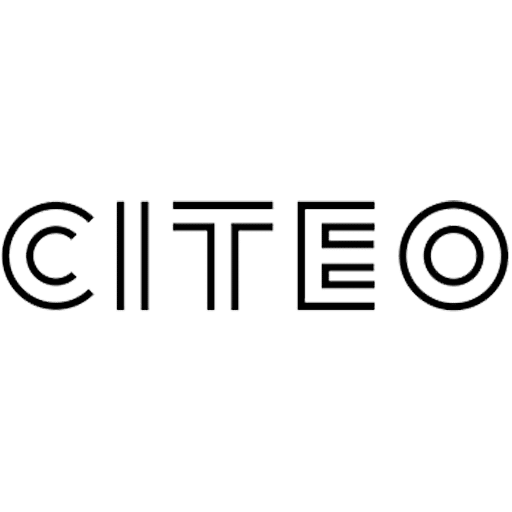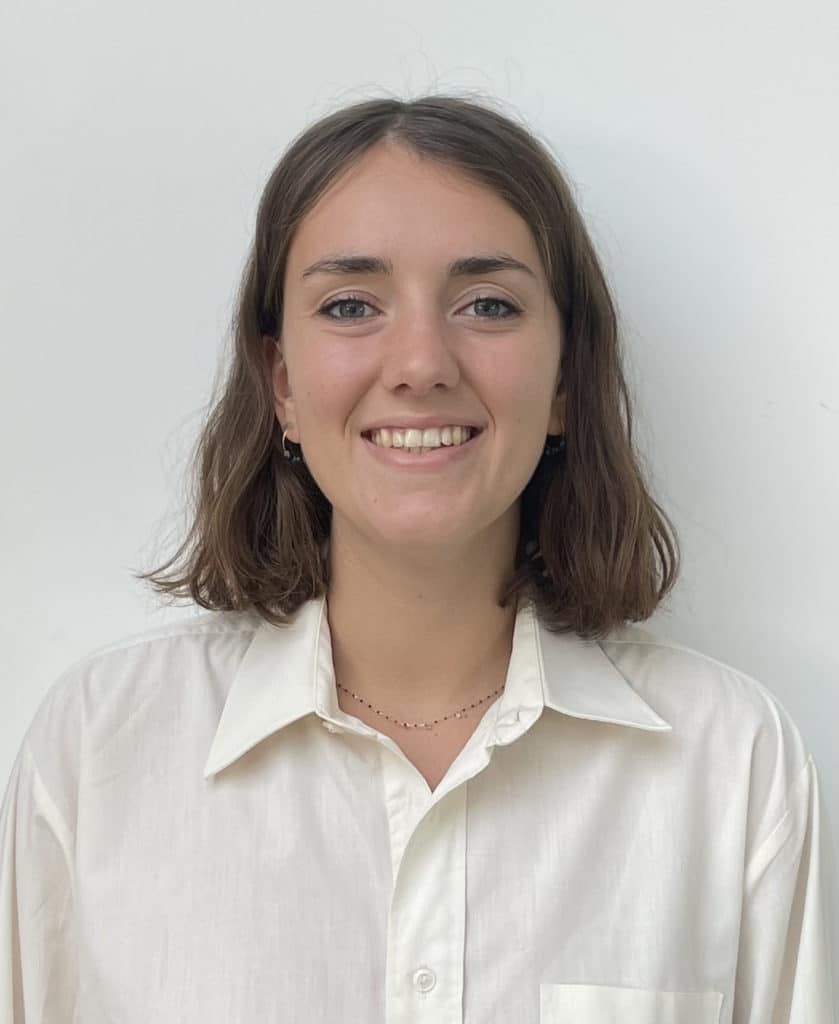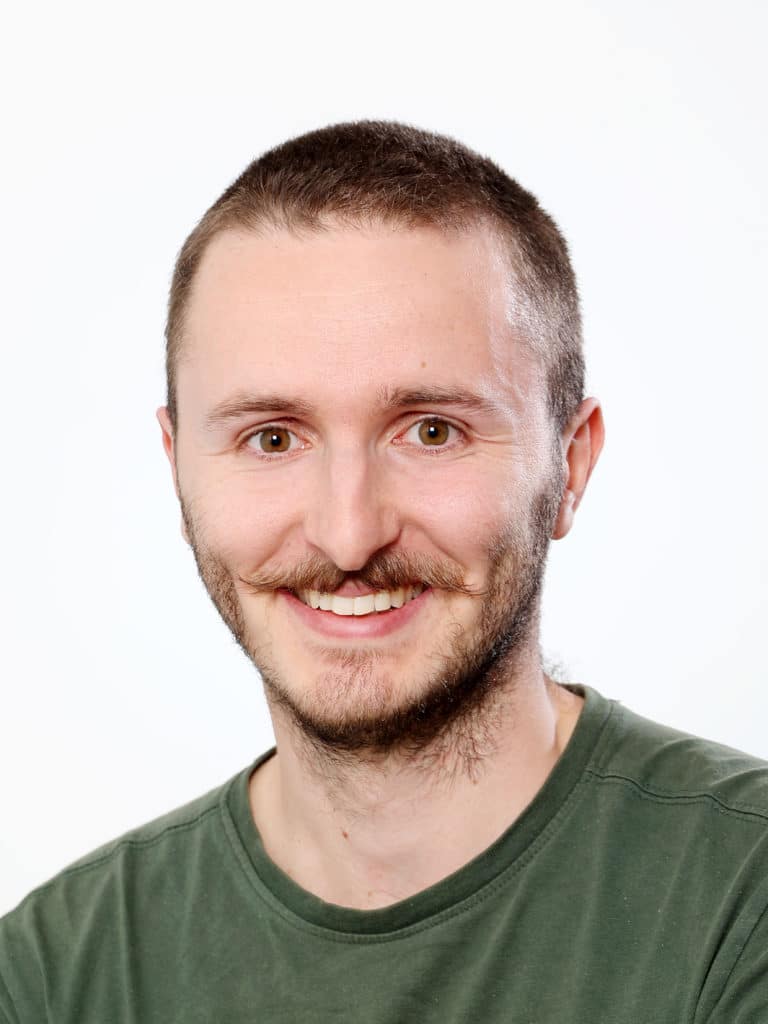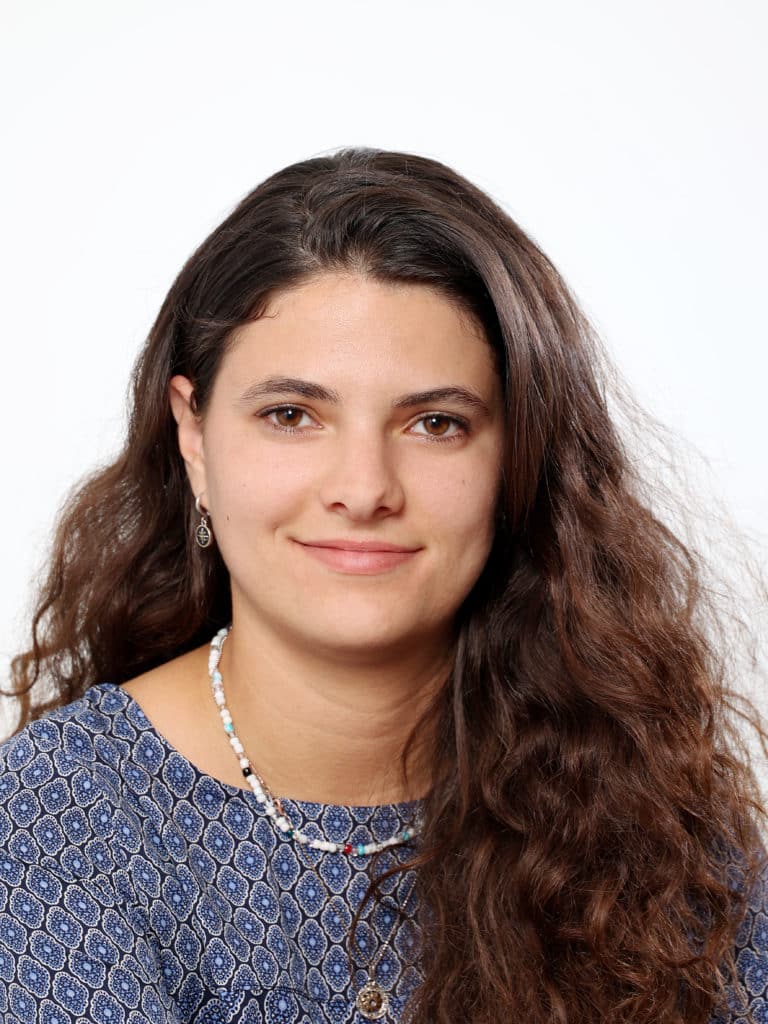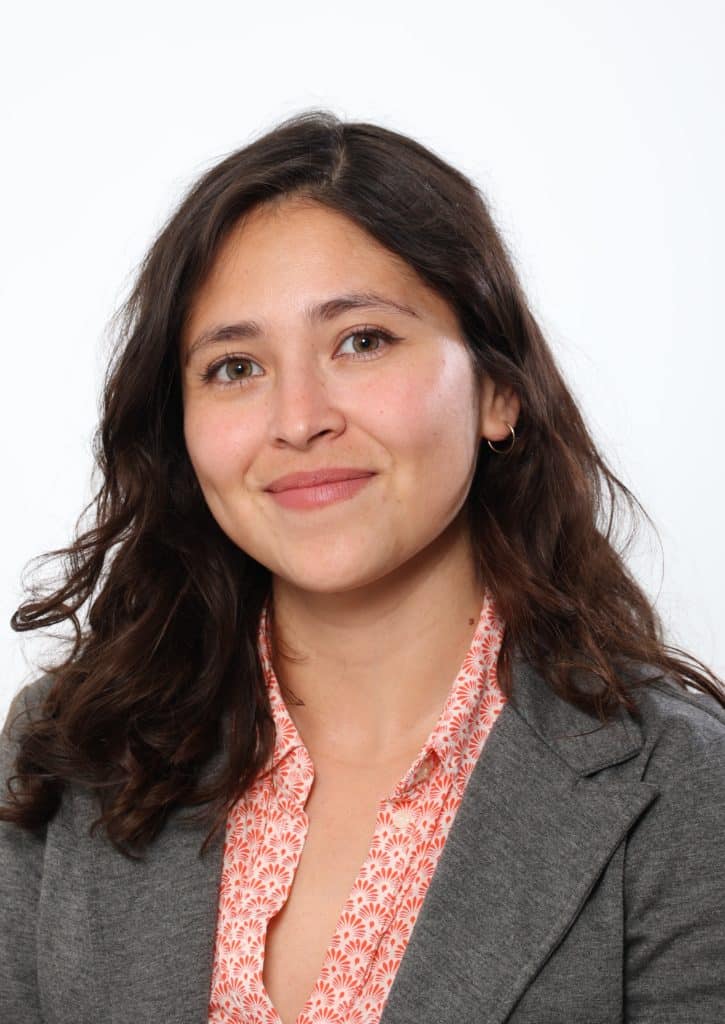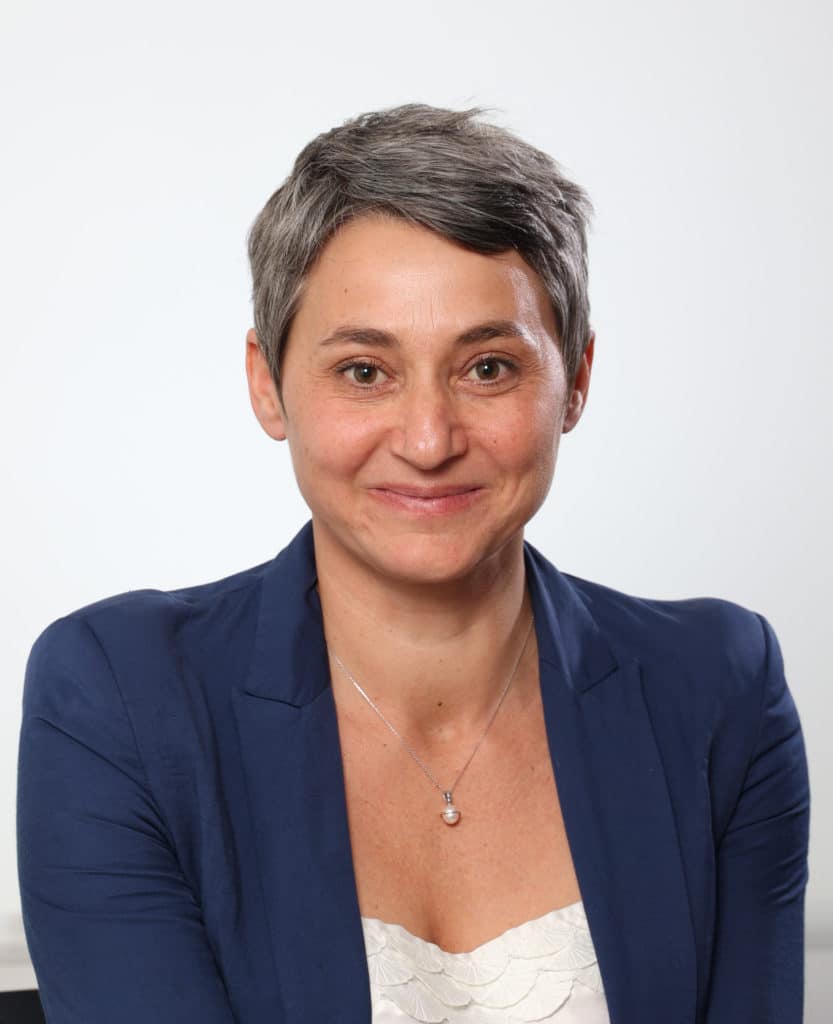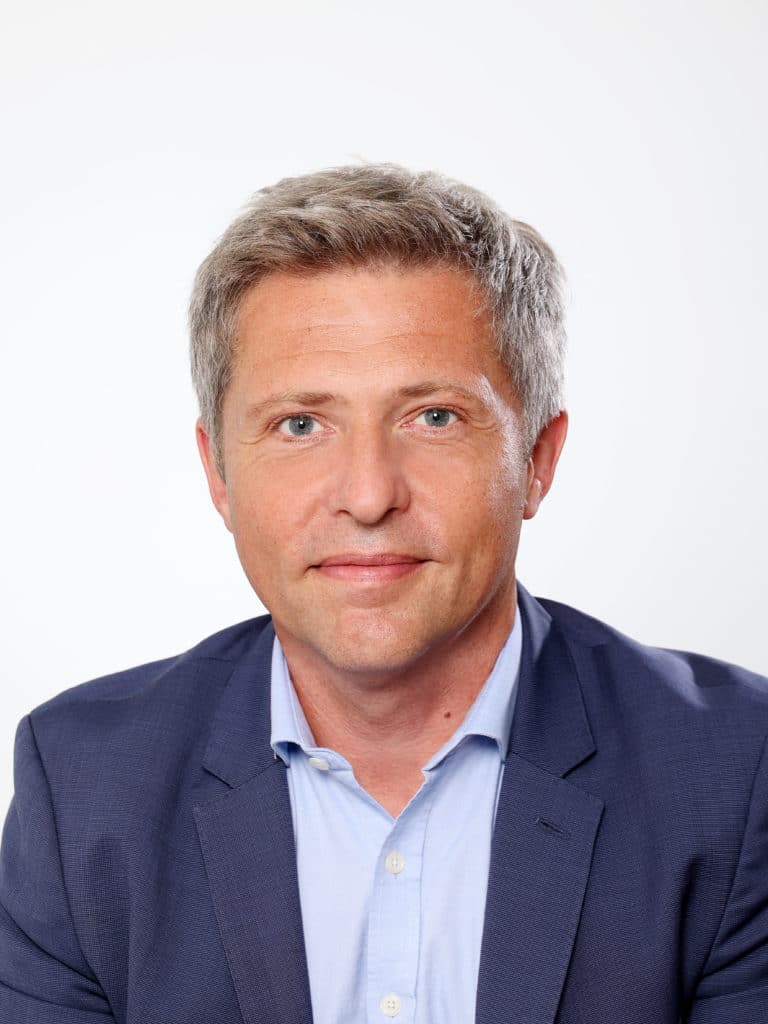Entreprise agréée par l’Etat pour réduire l’impact environnemental des emballages, Citeo lance un appel à projets (AAP), doté d’une enveloppe de 50 millions d’euros par an, pour financer et accompagner les projets de développement du réemploi des emballages ménagers. Les collectivités sont éligibles en tant que porteur de projets au titre de la restauration livrée ou à emporter sur leur territoire.
La loi AGEC, anti-gaspillage et pour une économie circulaire, du 10 février 2020, et les attentes des citoyens ont accéléré la sortie du tout usage unique, notamment via le développement des emballages réemployables. Pour les collectivités, le déploiement de systèmes de réemploi sur leurs territoires est aussi synonyme d’attractivité, puisqu’il s’agit à la fois d’un moyen de les transformer en territoires zéro-déchets, mais aussi d’encourager la création d’emplois circulaires.
Alors que le réemploi pose de nombreux défis pour les acteurs économiques et les territoires, l’appel à projets de Citeo a pour but de permettre son développement à grande échelle.
En vue d’accélérer les dynamiques de réemploi sur leur territoire, les collectivités pourront axer leur candidature sur une des deux dimensions suivantes :
- Engager les restaurateurs de leur territoire dans le réemploi en développant un projet pour le secteur de la restauration livrée ou à emporter de leur territoire, en partenariat avec les restaurants locaux.
- Développer le réemploi pour leurs services de portage à domicile, alors que ce dernier service fait l’objet d’obligations réglementaires de réemploi depuis le 1er janvier 2022.
Une fois sélectionnés, les projets lauréats pourront être financés à hauteur de 70% des dépenses éligibles (plafond de 2,5 millions d’euros) mais seront aussi accompagnés techniquement par les experts de Citeo.
Pour l’année 2023, l’AAP est ouvert jusqu’au 1er novembre 2023. Les dépenses du projet devront avoir être engagées entre le 1er janvier 2023 et le 31 décembre 2024.
Citeo est une entreprise à mission créée par les entreprises du secteur de la grande consommation et de la distribution pour réduire l’impact environnemental de leurs emballages et papiers, en leur proposant des solutions de réduction, de réemploi, de tri et de recyclage.
Citeo est l’acteur français de la REP, Responsabilité Elargie des Producteurs, pour les papiers et les emballages ménagers. Sans but lucratif, Citeo est donc financée par les entreprises pour réduire l’impact environnemental des emballages ménagers et papiers, grâce à leur réduction, réemploi et recyclage.

